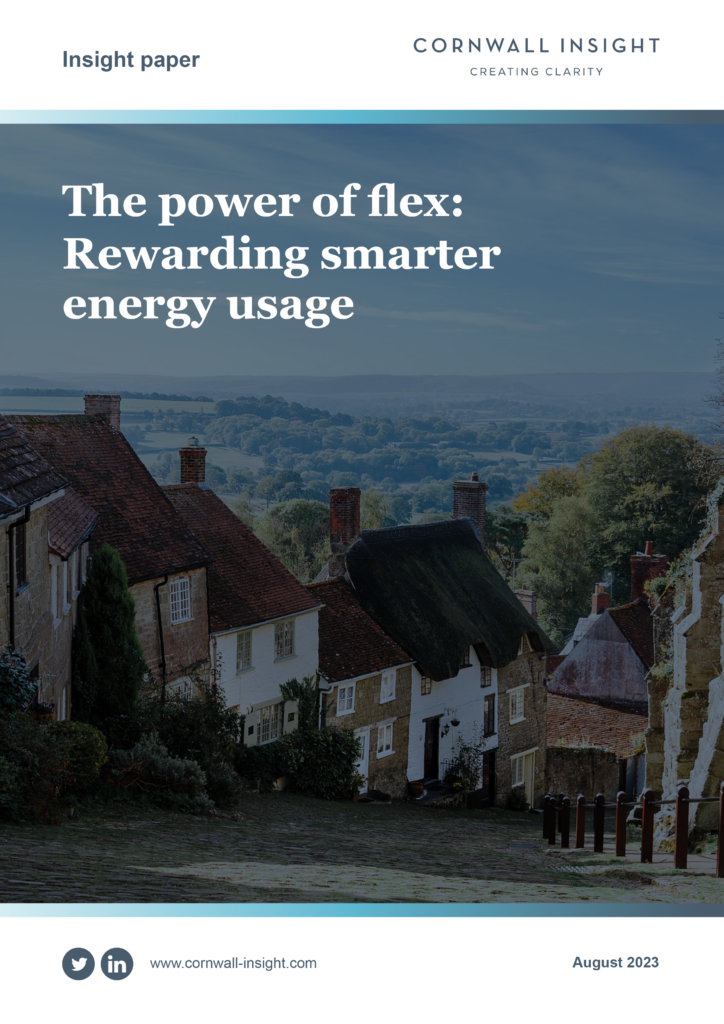Energy storage and flexibility
Integrate to Zero – Rewarding consumers for flexibility: global market highlights
This report, developed in partnership with Integrate to Zero, explores the highlights, insights, and themes that are characterising household flexibility markets around the world. We carried out desk-based research using an initial review of different energy markets to spotlight and evaluate the flexibility-focused propositions that were present in these markets....
Low carbon generation
Battery storage in Japan: An up-and-coming market?
This paper includes exclusive insights from Cornwall Insight’s Japan Benchmark Power Curve. As Japan progresses towards net zero emissions by 2050, the country’s energy system will undergo substantial changes, some of which we discuss in this insight paper. In this insight paper, we discuss the demand and challenges accompanying Japan's...
Low carbon generation
Is Germany going green? Charting Germany’s energy transition (2nd edition)
This paper includes exclusive insights from Cornwall Insight’s North West Europe Benchmark Power Curve. The first edition of this report was published in June 2023. Using exclusive insights from our new North West Europe Benchmark Power Curve, our insight paper assesses the impact of macroeconomic and geopolitical challenges on Germany’s...
Regulation and policy
Supporting Renewables
Understanding policy impact on the cost to the consumers of renewable development in Northern Ireland Cornwall Insight Ireland’s report for RenewableNI finds that appropriate support for renewable generation in Northern Ireland can be expected to reduce overall cost to consumer. The Department for the Economy (DfE) is in the process...
Regulation and policy
Race to net zero: Rebuilding investor confidence in the UK
Increased macroeconomic pressures and rising international competition have left the UK at risk of falling behind in the race to attract investment in the net zero transition. In this paper, we examine these headwinds alongside a discussion of the short and long-term changes to the Contracts for Difference scheme that...
Power and gas networks
The shifting sands of Liquified Natural Gas in Europe
As we look ahead to a second winter with heavily reduced levels of Russian pipeline gas being supplied to Europe, one of the key variables in the stability and security of European gas supplies and prices will be the supply of Liquified Natural Gas (LNG). In this paper, we discuss...
Net zero corporates and ESG
Corporate decarbonisation: What shapes success?
The focus of this research report is on the strategic measures that businesses can take to decarbonise their energy usage, with more practical measures discussed in Cornwall Insight’s published insight papers, “A corporate’s guide to decarbonising power” and “Business net zero: Making progress in a challenging economy”. This research centred...
Regulation and policy
Reform options for TNUoS and constraint management
This report explores the potential to enable the decarbonisation of the GB energy system and meeting net zero ambitions through evolutionary reforms to the transmission charging and constraint management arrangements. Cornwall Insight is an independent energy consultant with extensive experience in market and policy analysis. This report was produced by...





